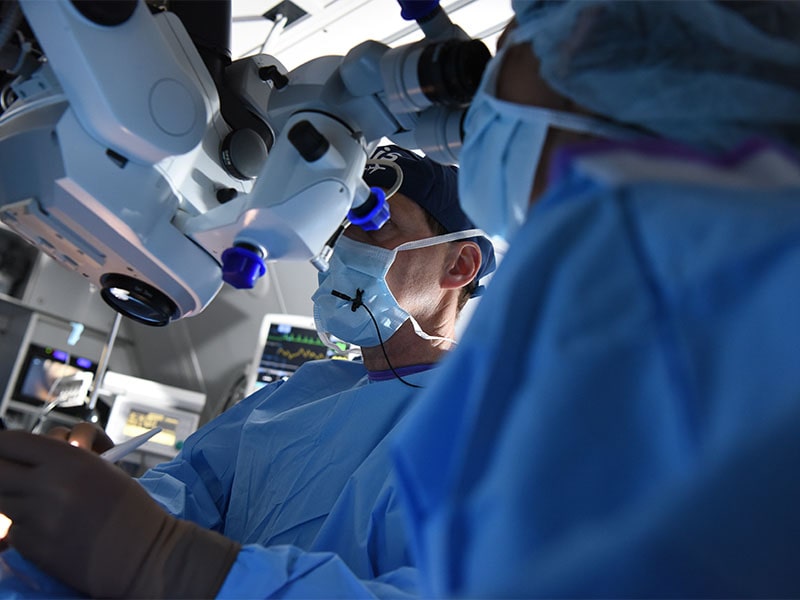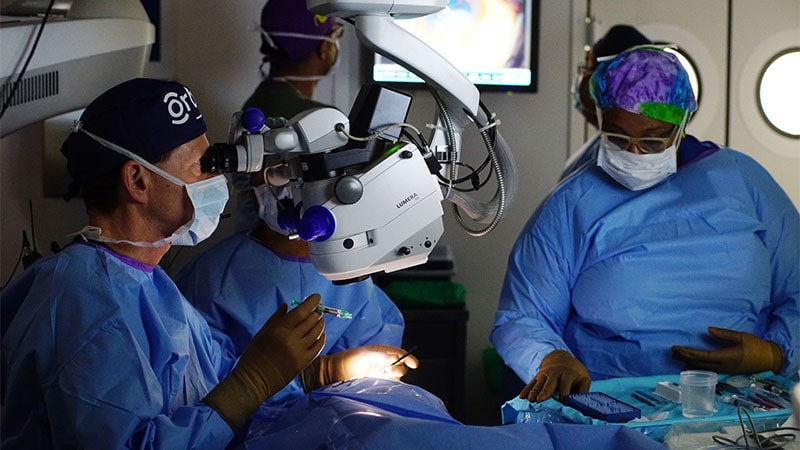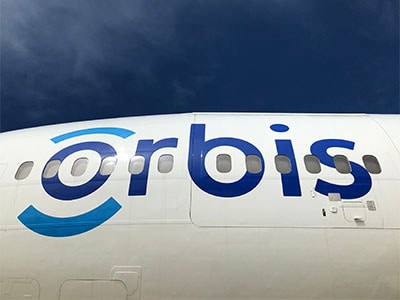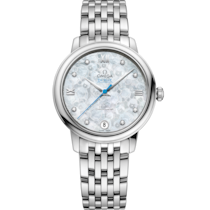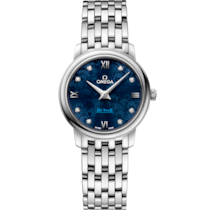These are cookies that are required for the operation of the Website and for you to be able to complete services you ask for. They include, for example, cookies that enable you to log into secure areas of the Website.
These cookies record information about choices you make on the Website, such as your user name, language or the region you are in. In this way, we are able to personalize your visit to the Website.
These cookies allow us to collect information about how visitors use the Website, for example to count visitors and to see how visitors move around the Website. They record your visit to the Website, the pages you have visited and the links you have followed. These cookies do not collect information that identifies you. All information is anonymous. This helps us to improve the way the Website works.
These cookies allow you to share Website content with social media platforms (e.g, Facebook, Twitter, Instagram). We have no control over these cookies as they are set by the social media platforms themselves. Please have a look at section 3 of the Cookie Notice about pixels and social plug-ins to learn more about how social media cookies are used in association with social plug-ins.
These cookies allow us to deliver tailor-made advertisements to you on third party websites based on your interests in our products and services manifested during your visit on our Website. These cookies do not collect information that identifies you. All information is anonymous.

